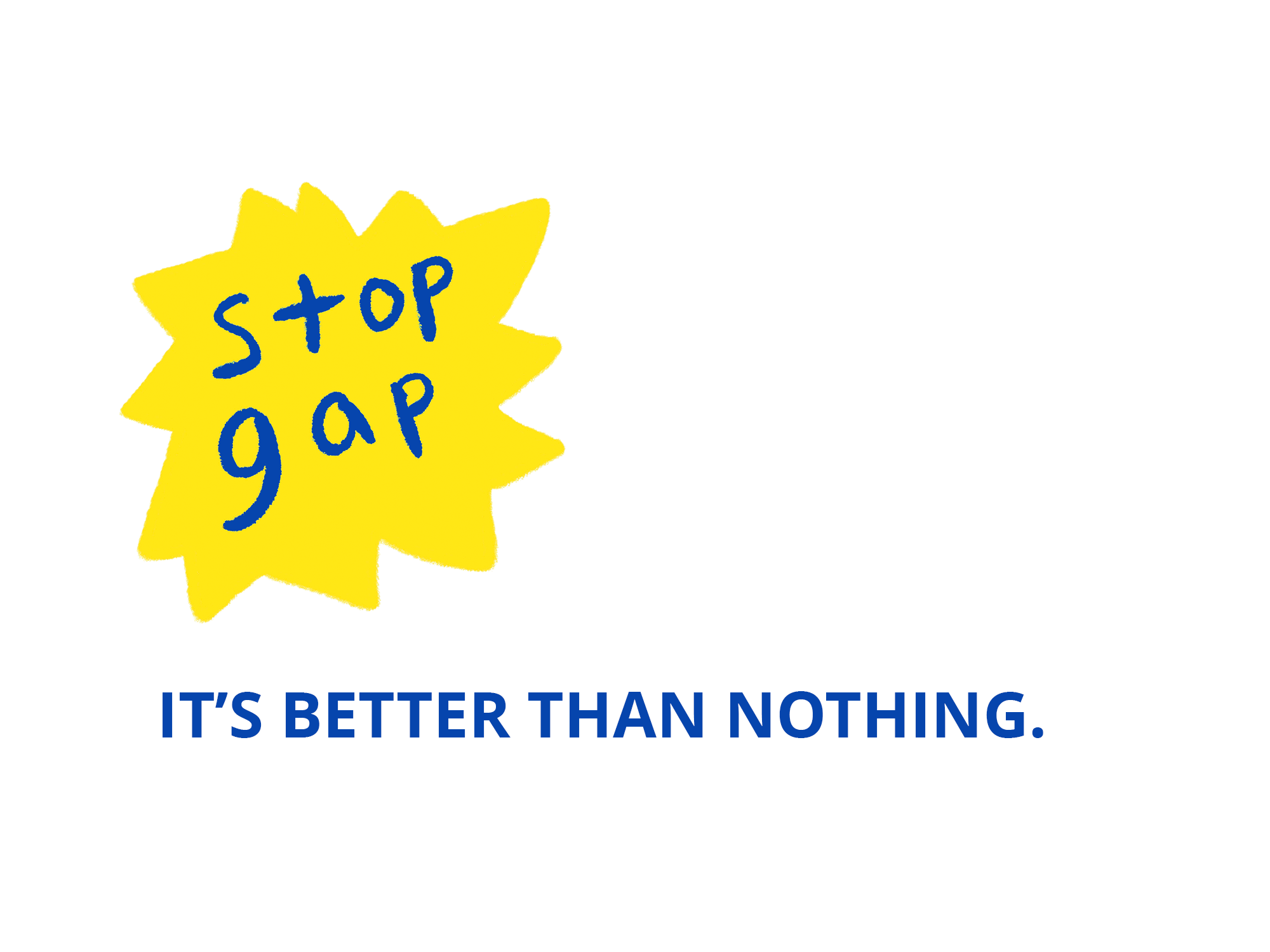Bunce, Mungo, Crib: Tailoring Terms for Every Worker

Without any editing at all, which is going to be hard for you to believe, the following glossary is reproduced from the website of the Savile Row Bespoke Association, founded in 2004 by "through an alliance of five like-minded houses" (Anderson & Sheppard, Dege & Skinner, Gieves & Hawkes, H. Huntsman & Sons and Henry Poole & Co.).
The SRBA now has 22 member and associate member houses, which is a very funny way of distinguishing quality and stoking competition among them. Their requirements:
A Master Cutter must oversee the work of every tailor employed by a member house and all garments must be constructed within a one hundred yard radius of Savile Row. Likewise, every member must offer the customer a choice of at least 2000 cloths and rigorous technical requirements are expected. For example, jacket foreparts must be entirely hand canvassed, buttonholes sewn, sleeves attached and linings felled all by hand.
Why 2000? Here's their glossary.
TAILORING TERMS
- Baby – stuffed cloth pad on which the tailor works his cloth.
- Banger – piece of wood with handle, used to draw out steam and smooth cloth during ironing.
- Balance – adjustment of back and front lengths of a jacket to harmonise with the posture of a particular figure
- Balloon – having a balloon – a week without work or pay.
- Baste – garment roughly assembled for first fitting.
- Basting – tacking with long stitches to hold garment parts together.
- Bespoke – a suit made on or around Savile Row, bespoken to the customer’s specifications. A bespoke suit is cut by an individual and made by highly skilled individual craftsmen. The pattern is made specifically for the customer and the finished suit will take a minimum of 50 hours of hand work and require a series of fittings.
- Board – tailor’s workbench.
- Bodger – crude worker. Common to other trades.
- Boot – loan until payday. Can you spare the boot? Can you give me a loan? Dates from crossed-leg days, when a tailor recorded the loan by chalking it on the sole of his boot.
- Bunce – a trade perk, like mungo and a crib (see below).
- Bundle – components of jacket or trousers bundled together for making-up.
- Bushelman – journeyman who alters or repairs.
- Canvas – a cloth usually made from cotton, flax, hemp or jute and used for providing strength or firmness.
- Cat’s face – a small shop opened by a cutter starting out on his own.
- Chuck a dummy – to faint. Allusion is to a tailor’s dummy tumbling over.
- Clapham Junction – a paper design draft with numerous alterations or additions.
- Coat – jacket. (Only potatoes have jackets, it used to be said)
- Codger – tailor who does up old suits.
- Cork – the boss.
- Crib – large scrap of cloth left over from a job, usually enough to make a pair of trousers or a skirt.
- Crushed beetles – badly made button holes.
- Cutting turf – clumsy, unskilled working.
- Cutting system – method of pattern preparation using a particular process of measurement and figure evaluation. Scores have been devised since methods of working out the proportions of the figure were first explored in the late eighteenth century
- Doctor – alteration tailor.
- Dolly – roll of wet material used as a sponge to dampen cloth
- Draft – sketch or measure plan of a garment
- Drag…in the drag – working behind time.
- Drummer – trouser-maker.
- Goose iron – hand iron heated on a naked flame
- Gorge – where the collar is attached
- Have you been on the board? – are you experienced?
- Hip stay – old-time name for wife.
- Interlining – material positioned between lining and outer fabric to provide bulk or warmth
- Jeff – a small master: one who cuts out his garments and also makes them up.
- Kicking – looking for another job.
- Kicking your heels – no work to do.
- Kill – a spoiled job that has to be thrown away.
- Kipper – a tailoress. So called because they sought work in pairs to avoid unwelcome advances.
- Log…on the log – piecework: the traditional and complex system of paying out-workers.
- Made-to-measure – garment made to a customer’s individual requirements, to some extent, but not necessarily by hand
- Mangle – sewing machine
- Mungo – cloth cuttings, which by custom the tailor used to retain to sell to a rag merchant for a little extra income.
- On the cod – gone drinking.
- Pattern – a template model used for cutting garments
- Pig – an unclaimed garment.
- Pigged – a lapel which turns up after some wear.
- Pinked…pink a job – making with extra care.
- Rock of eye – rule of thumb: using instinct born of experience, rather than a scientific cutting system
- Skiffle – a job needed in a hurry.
- Skipping it – making the stitches too big
- Small seams – warning call when someone being discussed enters workroom.
- Soft sew – an easily worked cloth.
- Scye – the armhole: from ‘arm’s eye’
- Skirt – part of a jacket that hangs below the waist
- Striker – assistant to a cutter
- Tab – fussy, difficult customer.
- Trotter – fetcher and carrier: messenger.
- Tweed merchant – tailor who does the easy work: a poor workman.
- Whipping the cat – travelling round and working in private houses: common practice in old days when a tailor would be given board and lodging while he made clothes for a family and their servants.




Comments ()